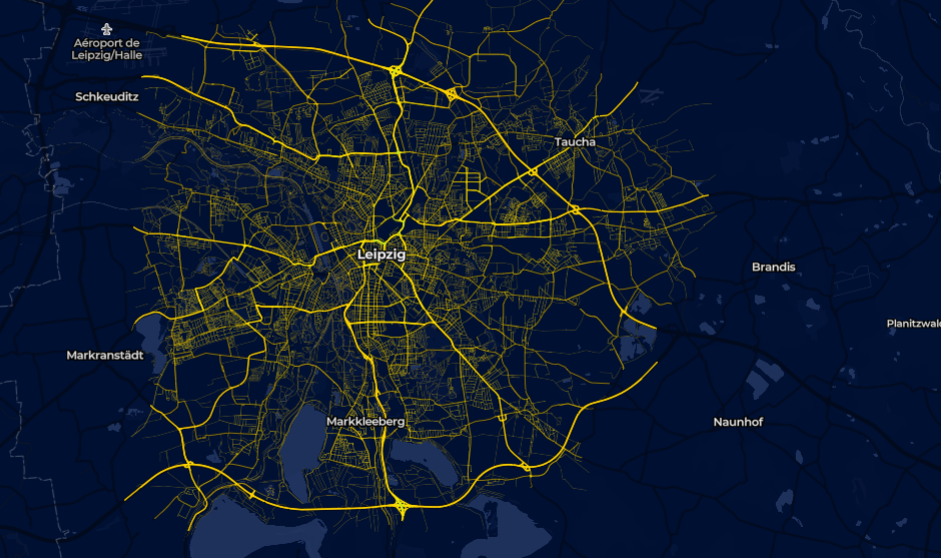The 2019/20 North-South Interdisciplinary Grant project Citizen Science for Reducing Exposure to Urban Air Pollution explores questions of how citizen engagement can help advance science, with a focus on the area of data collection to record air quality. In an interim report (available here), GYA members Ibrahim Sidi Zakari (Abdou Moumouni University, Niger), Lisa Herzog (University of Groningen, The Netherlands) and Robert Lepenies (Helmholtz Centre for Environmental Research, Germany) outline their interdisciplinary and international collaboration within their project.
In December 2019, Ibrahim was a visiting scholar at the Helmholtz Centre for Environmental Research (UFZ) in Germany, where he collaborated with his team members as well as with local researchers in the field of environmental politics, statistical modeling and urban sociology. The team worked on the problem of air pollution, its impact on health, recruitment of volunteers for crowdsourcing activities as well as the optimal sample size. They also addressed practical and ethical questions related to data collection, validation, processing of data from citizen science initiatives and their management, and reached out to open source platforms. With the acquisition of 6 latest generation flow 2 type pollution sensors capable of measuring ultrafine particles, the team was able to do tests locally for short term model testing.
In addition to collaborative research, the team has concentrated on outreach: presenting on the topic at conferences and in papers, and connecting to organizations in Europea and Africa (for example, World Wide Generation to explore possible collaboration on SDG reporting). Due to current pandemic travel and contact restrictions, planned workshops on citizen science in Niger and Germany are on-hold, but the group continues to collaborate on statistical modeling options, papers and dissemination. See full interim report on the project website.
About the GYA North-South Interdisciplinary Grant
The GYA includes a diverse membership of scientists and scholars, in many disciplines, based in low/middle-income and high-income countries. This grant scheme was initiated in 2014, aiming to foster collaboration across the lines that often separate researchers and limit possibilities. Specifically, this scheme facilitates the development of small-scale, innovative, curiosity-driven, blue-sky, exploratory research pilots or prototypes that unite researchers in low/middle-income countries and high-income countries and cross disciplinary boundaries.
The North-South Interdisciplinary Grant is awarded annually, and is meant to provide seed money to enable GYA members to prepare a proof of concept, prototype, or pilot research project with a view to securing larger external funding.
Read more on current and past grant projects here:
Current and past projects are highlighted on the GYA website:
2014-15: One-dimensional molecular current wires using tailored to‐the‐purpose chemistry
2015-16: Connecting Epigenetics and Natural Resources
2016-17: Ethics in environmental decision-making: From individual acts to global outcomes?
2017-18: Bio-Char for Food Security and Sustainable Ecosystem Services
2018-19: Digital Storytelling to Counter Language Endangerment
2019-20: Citizen Science for Reducing Exposure to Urban Air Pollution
